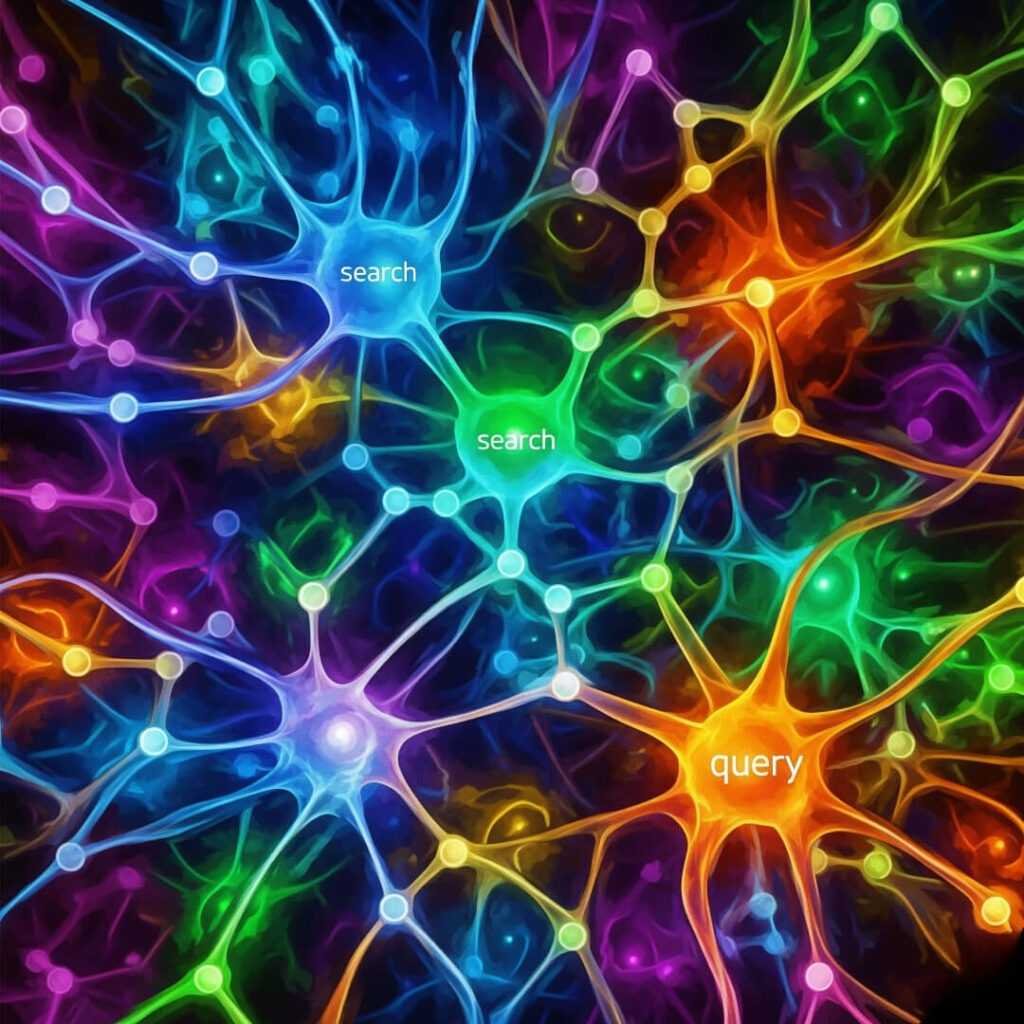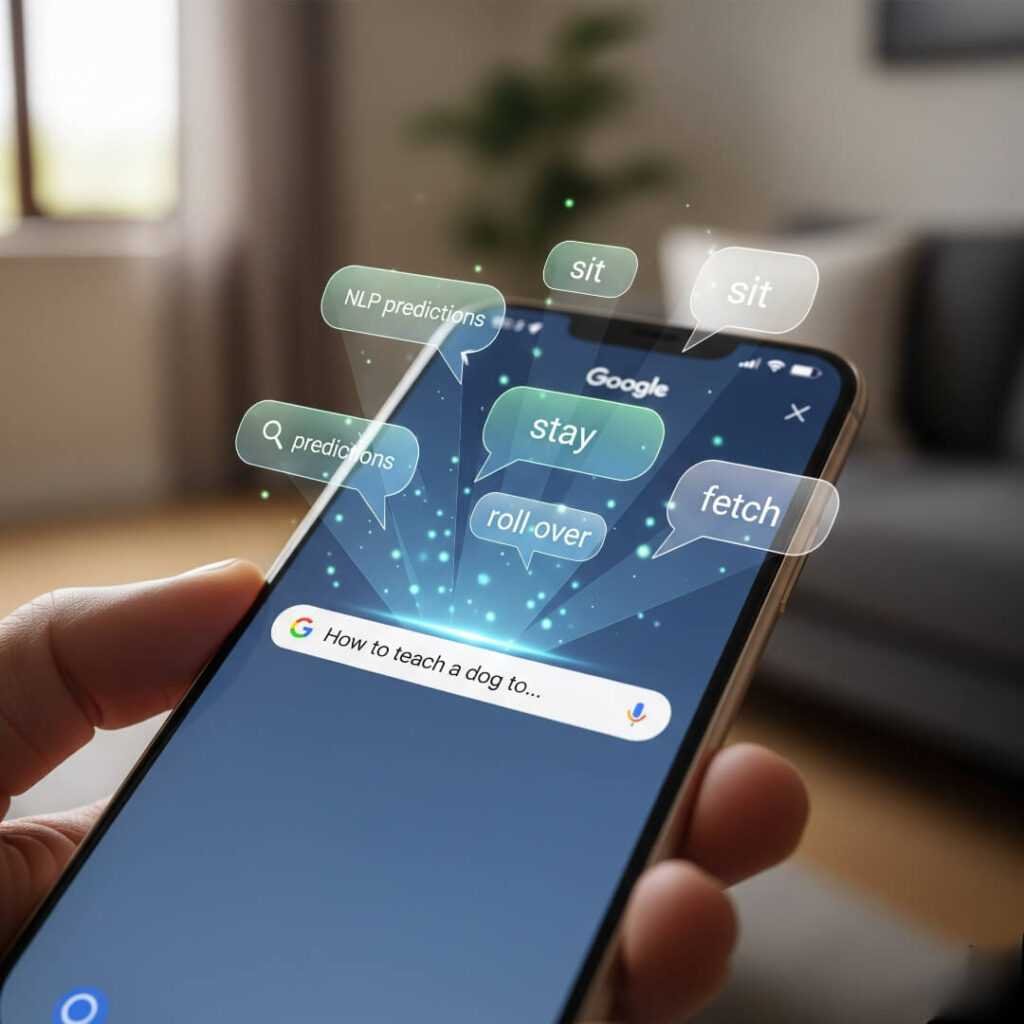Alright, what are NLP models? I’m sitting here in my Ohio apartment, surrounded by empty LaCroix cans and a sad, wilting fern I swore I’d water. My coffee mug’s teetering on a pile of old Wired magazines, and I’m trying to figure out how these NLP things make Google search so scarily good. Like, last night, I was half-asleep, googling “best tacos near me” at, like, 2 a.m.—don’t @ me, tacos are life—and Google just got me, even though my typing was a hot mess. That’s NLP models, folks. Natural language processing, or NLP, is the brainy tech that makes sense of our sloppy human words and spits out results that feel like straight-up mind-reading. Let’s dive in, ‘cause I’m geeking out.
What the Heck Are NLP Models, Anyway?
So, NLP models—natural language processing models—are these wild AI systems that let computers “get” human language. I’m talking about the tech that helps Google know I want nearby tacos, not, like, a taco recipe from 1800s Mexico. I learned this the hard way last winter, sprawled on my couch in Columbus, wrapped in a blanket that smelled like burnt popcorn (long story). I was googling “cheap flights” during a snowstorm, my fingers fumbling, typos everywhere, but Google still came through. That’s NLP models doing their thing—making sense of my chaos.
These models are trained on, like, a gazillion sentences from books, websites, and probably my dumb X posts about my cat. They use some fancy math—neural networks, I think?—to spot patterns in how we talk. I tried explaining this to my friend at a dive bar once, totally botched it, and ended up spilling my IPA while mumbling about “word math.” Point is, NLP models turn our words into numbers, then predict what we’re actually trying to say. It’s kinda dope.
Outbound Link: Peek at Google’s AI Blog for more on their NLP game.
How NLP Models Make Google Search Feel Like Magic
How do NLP models make Google search feel like it’s got a crystal ball? I’m staring out my window at a dreary Ohio sky, sipping lukewarm coffee, and it hits me: Google’s like that friend who finishes your sentences, but creepier. NLP models, like Google’s BERT or MUM, are the secret sauce. BERT—some long name I can’t pronounce—dropped a few years ago, and it’s like Google got a brain upgrade overnight. I remember googling “why does my cat stare at walls” after my tabby, Muffin, freaked me out at 3 a.m. Google didn’t give me random cat facts; it gave me legit vet articles about feline quirks. That’s BERT reading the vibe of my question.
Here’s the deal, in my slightly unhinged words:
- Context is everything: NLP models read your whole query, not just bits. So, “tacos near me” isn’t just “tacos” + “near”; it’s about my late-night munchies and where I’m at.
- Figuring out your deal: They guess what you want. Like, when I searched “fix my laptop screen,” Google knew I didn’t want a DIY laptop-building guide.
- Sloppy’s fine: Typos, slang, or weird phrasing? NLP models don’t care. I once typed “wut r good hiking spots” and still got solid trail recs.
Outbound Link: Dig into BERT on Google’s Research Blog.

My Dumb NLP Fails and What I Figured Out
Real talk: I’ve messed up with NLP models before. Last summer, I was at a coffee shop in Columbus, juggling a latte and my phone, trying to Google “best sci-fi books 2025.” My search was a disaster—no punctuation, just vibes—but Google still nailed it. But then I got cocky and tried “books like dune but not dune,” and the results were a total mess. Lesson learned: NLP models need some clarity, or they’ll throw you curveballs. My dumb self learned to be a bit more specific, but not, like, essay-level specific.
Another time, I was ranting on X about how Google “knows too much,” and some rando sent me a link to Stanford’s NLP Group. I fell down a rabbit hole reading about how NLP models pick up on context clues. It’s humbling, man. I’m out here fumbling searches, and these models are crunching data like it’s nothing.
Why NLP Models Are Kinda Nuts
I’m getting carried away, but NLP models are wild. Sitting here, surrounded by seltzer cans and a plant I’m definitely killing, I’m low-key obsessed with how these models handle our messy language. They’re not perfect—trust me, I’ve gotten some weird search results—but they’re learning fast. Google’s MUM model, for instance, can even get images and text together. I tested it by searching “red sneakers like the ones in Back to the Future,” and Google legit found them. Creepy, but impressive.
Here’s what gets me:
- They speak all the languages. I tried “mejor comida mexicana” after my taco obsession, and Google didn’t flinch.
- They keep getting smarter. Every search I do helps them level up, like they’re secretly studying me.
- They’re personal. Google knows I’m in Ohio, so “near me” searches are scarily accurate.

Tips for Googling Like You Get NLP Models
From one hot mess to another, here’s how I’ve learned to vibe with NLP models:
- Talk like you talk: Google’s NLP models eat up conversational stuff, so don’t overthink it.
- Don’t be too vague: My “books like dune but not dune” fail taught me to add some detail.
- Use real words: Searching “NLP models for Google search” gets you the good stuff, like this post.
- Typos are chill: NLP models don’t judge, so go ahead and type one-handed while eating chips (yep, been there).

Wrapping Up My NLP Ramble
So, yeah, what are NLP models? They’re the AI wizards making Google search feel like it’s got a sixth sense. I’m sitting here, staring at my messy desk, kinda amazed at how these models turn my taco-fueled searches into gold. They’re not perfect—I mean, I once googled “how to unstick a zipper” and got a bizarre mix of fashion blogs and survival tips. But they’re getting better, and I’m all in for it.




